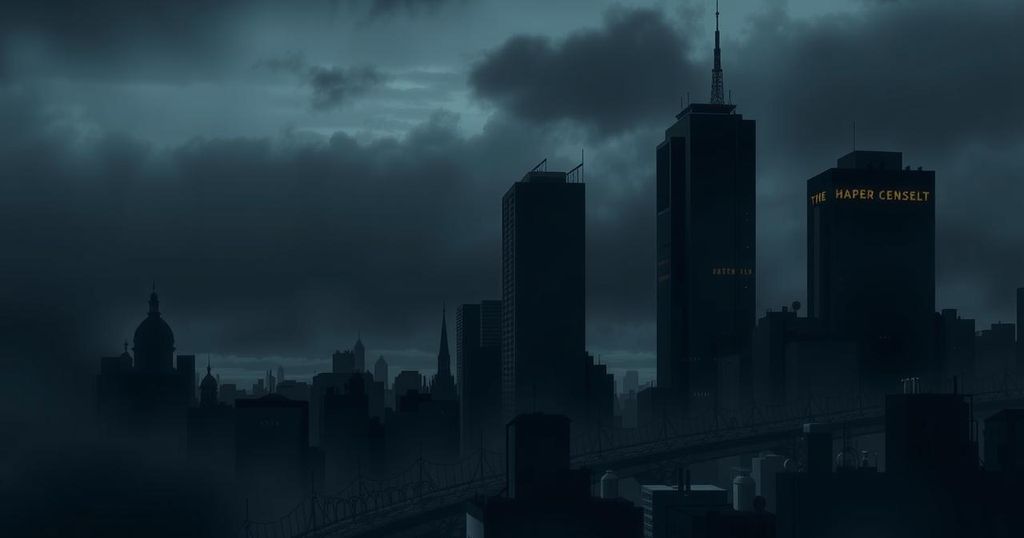Since April 2015, Burundi has witnessed intense repression against critics of President Nkurunziza, leading to suffering across the nation. Incidents involving school children, opposition members, and journalists exemplify the government’s severe stance on dissent. The climate ahead of the 2020 elections remains dangerous for civil society and media, undermining prospects for justice despite the Abacu Campaign’s efforts to commemorate victims of human rights violations.
Burundi has faced a surge in state oppression since President Pierre Nkurunziza’s controversial candidacy announcement in April 2015. Protests erupted across ethnic lines against what was perceived as a constitutional violation that reignited past grievances from a decade-long civil war. As the timeline approaches another presidential election, the toll of this crisis continues to exacerbate suffering among Burundians.
Recent incidents, such as the arrest of six schoolgirls for doodling on President Nkurunziza’s image, illustrate the government’s harsh stance against dissent. Despite international attention and their subsequent release, these girls remain charged with ‘insulting the Head of State’ and could still face significant imprisonment. Similar incidents occurred in 2016, revealing the government’s intention to instill fear in future generations regarding any form of opposition.
The systematic repression has severely hindered opposition parties from organizing. Many opponents have fled, particularly following the 2015 assassination of opposition leader Zedi Feruzi. The few who remain face immense challenges, with reports of many arrested, including members of opposition leader Agathon Rwasa’s newly launched political party, which underscore the government’s crackdown on dissent.
Despite President Nkurunziza’s announcement in June 2018 that he would not seek re-election, the government’s continued repression signifies an unwillingness to facilitate an inclusive electoral process. Civic organizations critical of Nkurunziza’s rule have been targeted, particularly through new regulations that impose ethnic quotas on international NGOs, effectively inhibiting their operations.
The media environment remains precarious as well. International broadcasters like BBC and VOA are banned from operating in the country, following targeted crackdowns against journalists perceived to oppose the government. Since 2015, numerous journalists have fled or have been silenced amidst attacks on local media houses by alleged security forces.
As Burundi approaches the 2020 elections, the continued oppression of critics raises serious concerns about justice and accountability. The Abacu (Our People) Campaign, launched by Amnesty International in 2015, aims to honor those affected by enforced disappearances and human rights abuses. Despite the grim realities, advocates persist in their fight for justice, determined to ensure that the stories of victims are not forgotten.
In summary, the ongoing repression in Burundi since April 2015 has deeply impacted civil society, media freedom, and opposition activities. The government’s continued crackdown on dissent poses a significant threat to justice and accountability, especially with the upcoming presidential elections. Initiatives like the Abacu Campaign serve as vital reminders of the human rights violations experienced by Burundians, upholding the hope for eventual justice. As the situation unfolds, it remains imperative that the global community continues to advocate for the rights and dignity of the Burundian people.
Original Source: www.amnesty.org




